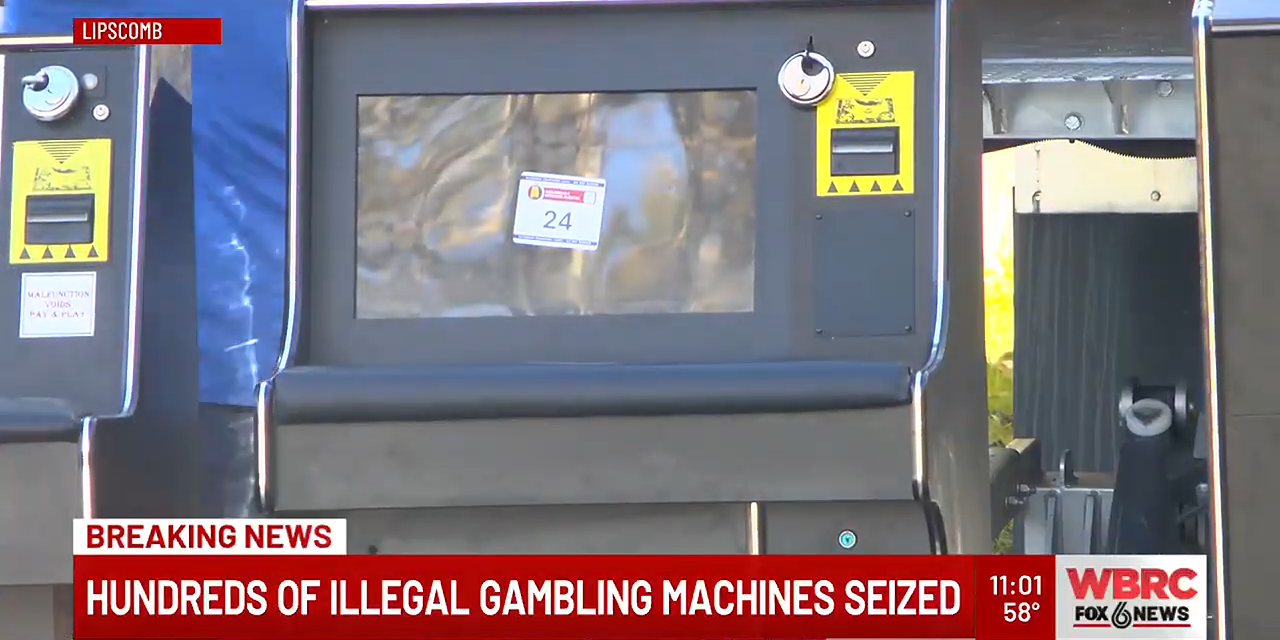Gambling
Will Ireland finally get its new gambling law? | ICLG

The long-delayed Gambling Regulation Bill has made it to the committee stage as Ireland seeks to update its current century-old laws.
The Dáil Éireann has resumed discussions on the Gambling Regulation Bill (GRB), a sweeping piece of legislation which, if passed, is set to replace the outdated Betting Act of 1931. Originally sanctioned in November 2022, the GRB has experienced long delays, with no progress at all since July 2023, despite pressure from campaigners and lawyers. If passed, the GRB will provide a robust regulatory framework governing all forms of gambling in Ireland, including retail, online, horse racing and lotteries.
When the Bill was first introduced in 2022, Taoiseach Micheál Martin, a keen supporter of the legislation, commented: “This long awaited and much needed Bill takes a responsible approach to balancing the freedom to gamble with the safeguards to protect people from falling prey to addiction. This Bill provides a clearer framework for operators and for consumers.”
Minister of State for the Department of Justice, James Browne, who introduced the GRB, has confirmed that the Bill will introduce strict licensing requirements for all gambling operators in Ireland and that “no broad exemptions” would be granted, with all gambling organisations – including charities, as well as private clubs, sports clubs, casinos and bingo halls – required to secure a licence from the newly established Gambling Regulatory Authority of Ireland / Údarás Rialála Cearrbhachais na hÉireann (GRA).
TACKLING CRIMINALITY AND ENFORCEMENT
The GRB will close loopholes related to criminal activity within the sector, with Browne stressing the importance of enforcing strict penalties against unlicensed gambling operators and those indulging in criminal activities. The new Bill provides for a sentence of up to eight years’ imprisonment for offenders, while the Criminal Justice (Money Laundering and Terrorist Financing) Act 2010 will be amended to address money laundering within the industry. The GRA will also have the power to block financial transactions and halt illegal gambling activities through cease-and-desist orders.
SOCIAL IMPACT
Browne has frequently gone on record about the importance of protecting individuals and communities from the harmful effects of gambling and the Bill establishes a Social Impact Fund to be financed by contributions from gambling operators and which will support gambling-addiction treatment services and public awareness campaigns.
An October 2023 report from Ireland’s Economic and Social Research Institute estimated that around one in 30 Irish adults suffered from problem gambling, 10-times higher than an earlier measure in 2019. Head of the ESRI’s Behavioural Research Unit, Professor Pete Lunn, noted that “this equates to 130,000 adults with problem gambling in Ireland and suggests that the problem is much more widespread than we thought”. Anne Marie Caulfield, CEO designate of the GRA added: “The true extent of problem gambling in Ireland is hidden from public view and the importance of this ESRI study in shining a light on the extent of gambling harm in Ireland cannot be underestimated.”
ADVERTISING
Browne has also addressed widespread public concern about the “proliferation of gambling advertising,” affirming the Bill’s provisions to monitor advertising practices and enforce penalties for non-compliance. However, the Bill stops short of an outright ban on gambling advertising, pointing out that such a move could inadvertently empower unlicensed operators. Instead, the Bill includes a 9pm watershed for gambling advertisements on broadcast media, which should limit exposure to younger audiences – although this demographic is more likely to view such content online rather than on the television. While legitimate online betting sites already implement strict proof-of-age controls, online operators will also be required to put in place tools such as self-exclusion mechanisms, limits on spending and regular player monitoring to detect problematic behaviour.










